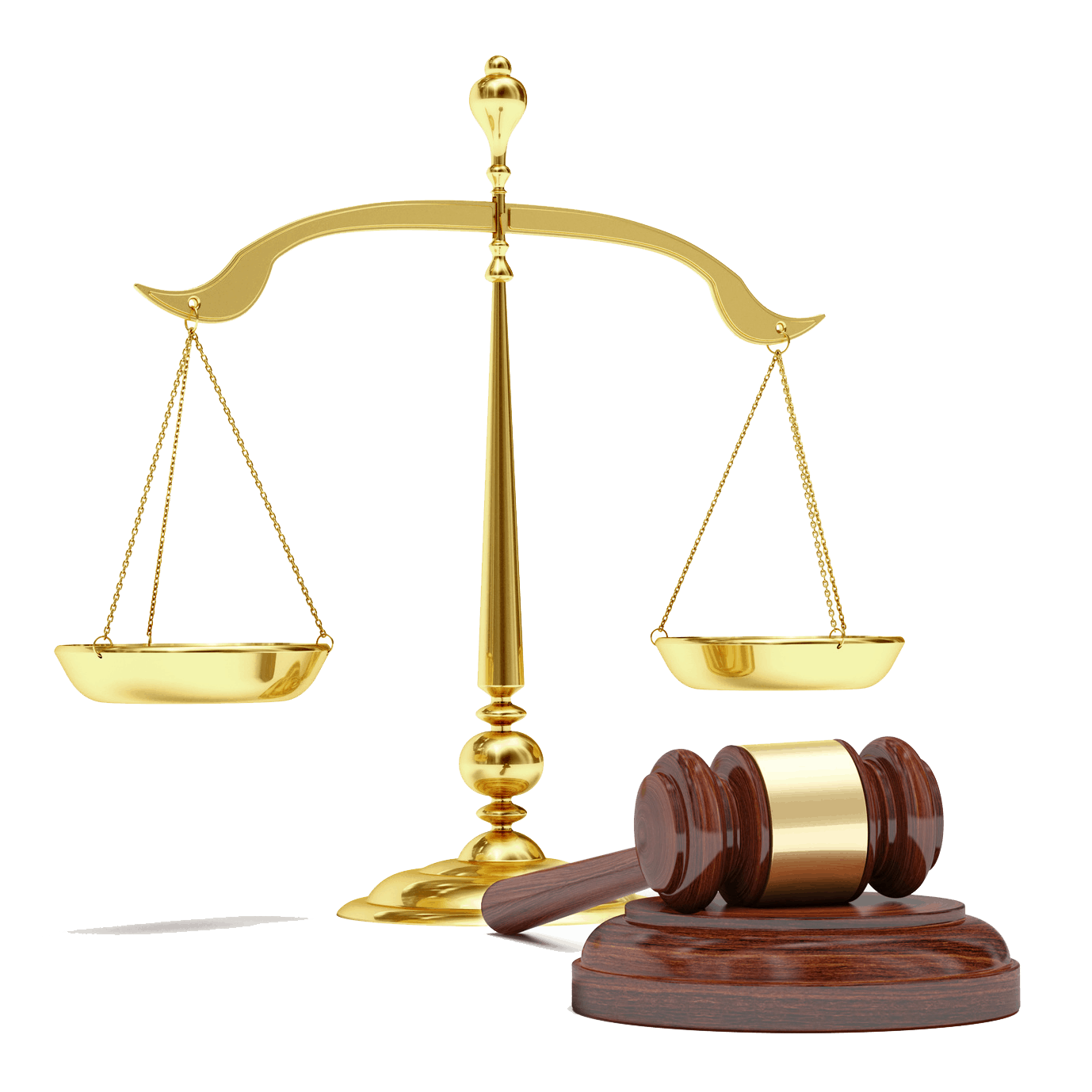Chapter 7 Vs Chapter 13 – Subtle Differences You Should Know Before Filing Bankruptcy
Make sure to do a Chapter 7 vs. Chapter 13 comparison before the bankruptcy filing to know which is better and get the best out of it. Book Your Free Bankruptcy ConsultationThe perfect way to deal with debt is to repay it on time. However, if the obligations keep rising without a corresponding rise in the income levels due to unforeseen reasons, an ideal solution to get out of debt in San Diego is to file a bankruptcy petition. The two most common bankruptcy filings available for individuals and businesses are Chapter 7 and Chapter 13. However, Chapter 7 vs. Chapter 13 comparison is necessary to decide which one is suitable for a particular debt situation. Here are the distinctions between the two types of bankruptcies to help understand the concept better.
Chapter 7 Bankruptcy San Diego
Chapter 7 bankruptcy is suitable for both individuals and businesses and comprises nearly 71% of all bankruptcy cases. It is a liquidation bankruptcy entailing disposing of the assets by the bankruptcy trustee and getting a discharge of almost all unsecured debts. Generally, people with limited income and having a high proportion of unsecured debt go for Chapter 7 Bankruptcy in San Diego.
You become eligible to file for Chapter 7 bankruptcy and get out of debt in San Diego if your annual income is between $54,787 (single-earner) to $91,349 (single-earner, a family of four), depending on your family’s size and the number of earning members in the household.
Chapter 7 Vs. Chapter 13 Bankruptcy
Your annual income is the primary dividing line during a Chapter 7 Vs. Chapter 13 comparison. Other factors influencing whether to go for a Chapter 7 or Chapter 13 bankruptcy are as follows.
- While Chapter 7 is a liquidation bankruptcy, Chapter 13 is a reorganization bankruptcy. Thus, with the latter, your property does not go under the hammer, as you can retain possession and ownership if you complete a court-mandated repayment schedule. After the end of the repayment plan, any residual unsecured debt is discharged.
- While individuals and businesses can file for Chapter 7 bankruptcy, Chapter 13 is available for individuals alone, including sole proprietors.
- Your disposable income should be sufficiently low to pass the Chapter 7 means test. In contrast, the limits to file for Chapter 13 bankruptcy are $3,947,255 of unsecured debt or $1,184,200 of secured debt.
- Chapter 7 proceedings are completed within three to six months, whereas the repayment plan in Chapter 13 can extend to between three to five years.
- In the case of Chapter 7 bankruptcy, the trustee can sell all the non-exempt property to pay off the creditors. In Chapter 13, the debtors can retain possession and ownership but pay the unsecured creditors an amount equal to the non-exempt assets’ value.
- Chapter 7 Bankruptcy does not reduce principal loan balances on secured loans, whereas Chapter 13 offers such a benefit on satisfying requirements.
Characteristic Benefits And Drawbacks Of Chapter 7 And Chapter 13
The most prominent advantages of Chapter 7 and Chapter 13 bankruptcies, respectively, are the following:
- Chapter 7 bankruptcy allows the debtors to discharge their debts quickly and get out of debt.
- Chapter 13 provides opportunities to the debtors to catch up on missed mortgage and non-dischargeable priority debt payments.
And the following are the characteristic drawbacks of Chapter 7 and Chapter 13 filings, respectively.
- Chapter 7 does not provide any chance for the debtors to catch up on missed payments to avoid foreclosure. The trustee can sell off non-exempt property.
- Chapter 13 requires the debtor to make the stipulated monthly payments to the bankruptcy trustee for the entire repayment plan duration. It might also include repayment of a portion of unsecured debts.
Where To Search For A Competent Bankruptcy Attorney?
It is advisable to seek expert guidance before filing for bankruptcy. You can search for an experienced attorney on the internet using the string ‘bankruptcy attorney near me’ to get a list including details of all bankruptcy attorneys in your area. If you reside in San Diego county, you can easily find many experienced attorneys for the region who can handle any San Diego county bankruptcies.
Filing a bankruptcy petition is a complex process. There are many do’s and don’ts that you have to follow. A reputed bankruptcy attorney is the perfect person to advise you in such matters. Thus it is advisable to consult the best bankruptcy attorney and get out of debt in San Diego. They will start right with a Chapter 7 vs. Chapter 13 comparison concerning your debts and advise on whichever option is best for you.

